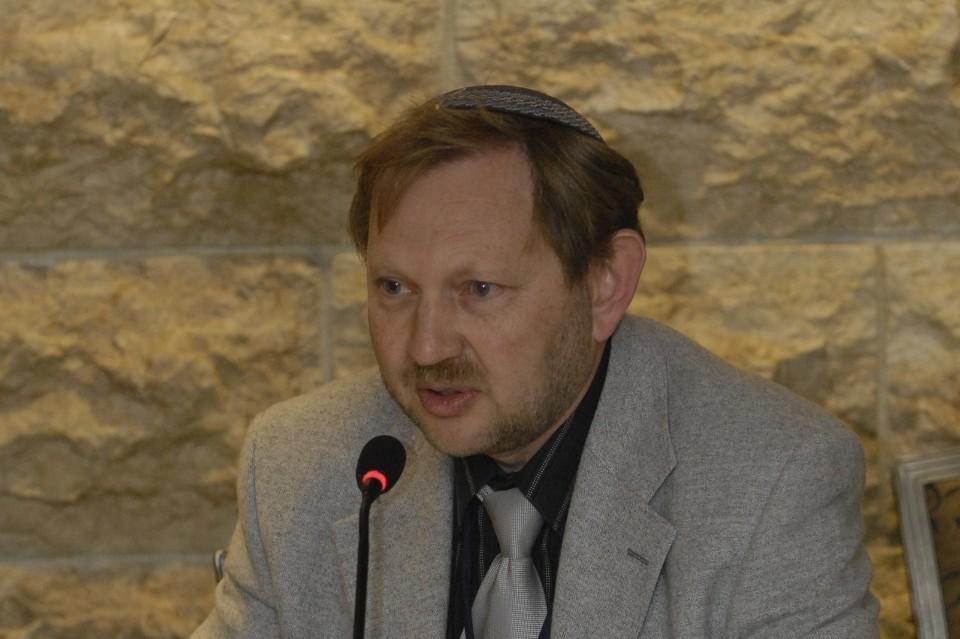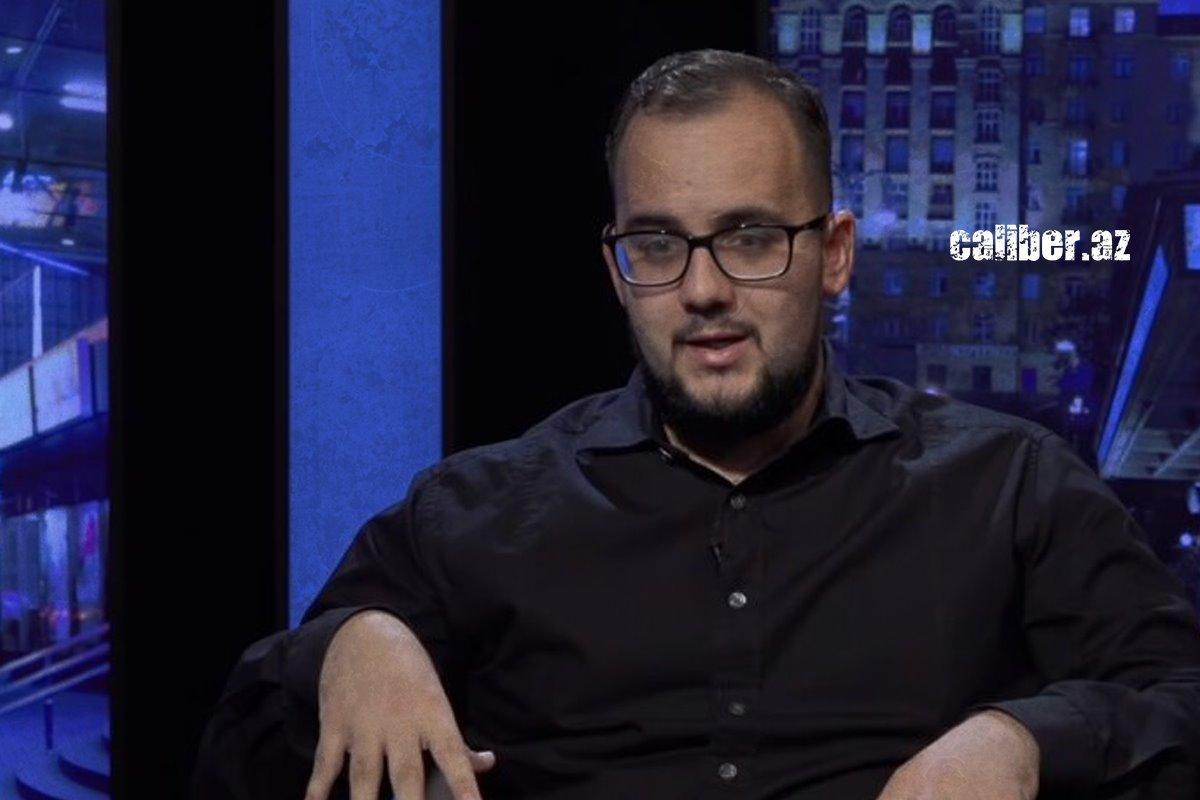Iran poised to declare nuclear status amid US political uncertainty Experts debate Tehran’s ambitions
Iran might assert itself as a nuclear power before the year concludes, leveraging the current political uncertainty in the United States amid a contentious presidential race, according to experts cited by Fox News.
James Carafano, Vice President for Foreign and Defence Policy Studies at The Heritage Foundation, suggests that this scenario is highly plausible.
"If I were in Iran's position, I would act now, as it seems unlikely that President Biden would take significant action in response," Carafano stated.
He further noted that should Donald Trump emerge victorious in the upcoming election, he is not expected to initiate immediate military action against Tehran and “bomb Iran on day one”, and that the Islamic republic's authorities understand that.
Carafano emphasizes that Iran’s potential move to declare itself a nuclear power may not necessarily involve the actual deployment of nuclear weapons. Instead, the declaration alone could provoke global alarm. "The mere announcement could be enough to cause widespread concern, with Iran proclaiming its status as a nuclear power and its intent to defend itself with such capabilities," Carafano elaborated.
Ahmad Ardestani, a former member of Iran’s parliamentary National Security and Foreign Policy Committee and a current member of the 12th Parliament, has recently suggested that Tehran may have already developed nuclear weapons.
To understand the potential impact of such developments, Caliber.Az sought the perspectives of leading foreign analysts.

According to Ze'ev Khanin, a professor of political science at Ariel University in Samaria and Bar-Ilan University, the acquisition of nuclear weapons by Iran has long been anticipated as a matter of political will.
Khanin asserts that Iran possesses the necessary components to develop nuclear weapons. In the event of a conventional conflict with Israel, or even against the pro-American alliance comprising the US, Israel, and moderate Sunni regimes such as Saudi Arabia, Iran's conventional military capabilities might be insufficient to sustain a prolonged engagement. As a result, Tehran's nuclear aspirations are likely aimed at serving as a deterrent and providing a protective “umbrella” for its regional proxies, including groups like the Houthis and Hezbollah.
Professor Khanin warns that Iran’s declaration of itself as a nuclear power could provoke a significant preemptive strike by the US-Israel-Saudi alliance. Such a move might escalate tensions and trigger military responses aimed at preventing Iran from advancing its nuclear capabilities.

Iliya Kusa, a Middle East expert and analyst at the Ukrainian Institute for the Future, highlighted the uncertainty surrounding Iran’s nuclear progress. “We lack precise data to determine the exact status of Iran’s nuclear program,” Kusa noted.
“There is widespread consensus that Iran is approaching the capability to develop nuclear weapons, but this has been a topic of discussion for years without clear confirmation of its current stage.”
Kusa added that Iran’s decision-making regarding its nuclear program might be influenced by the outcome of the upcoming US presidential election. Should Donald Trump win, Iran might accelerate its nuclear development to strengthen its defence and negotiate from a position of strength, anticipating increased pressure or potential military action from a Trump administration.
The expert contends that Iran's self-declaration as a nuclear state could precipitate a nuclear arms race in the Middle East. He suggests that countries with the requisite expertise, materials, and infrastructure—such as Saudi Arabia, the United Arab Emirates, Türkiye, and Egypt—would likely seek to develop their own nuclear capabilities in response.
Kusa predicts that these nations, while potentially years away from achieving nuclear parity, will feel compelled to pursue nuclear weapons to counterbalance Iran’s new status and restore regional equilibrium. He underscores that this arms race would fundamentally disrupt the current nuclear-free balance in the region. For now, Tehran appears to be adopting a cautious approach, awaiting the outcome of the upcoming US presidential election before making any definitive moves.








